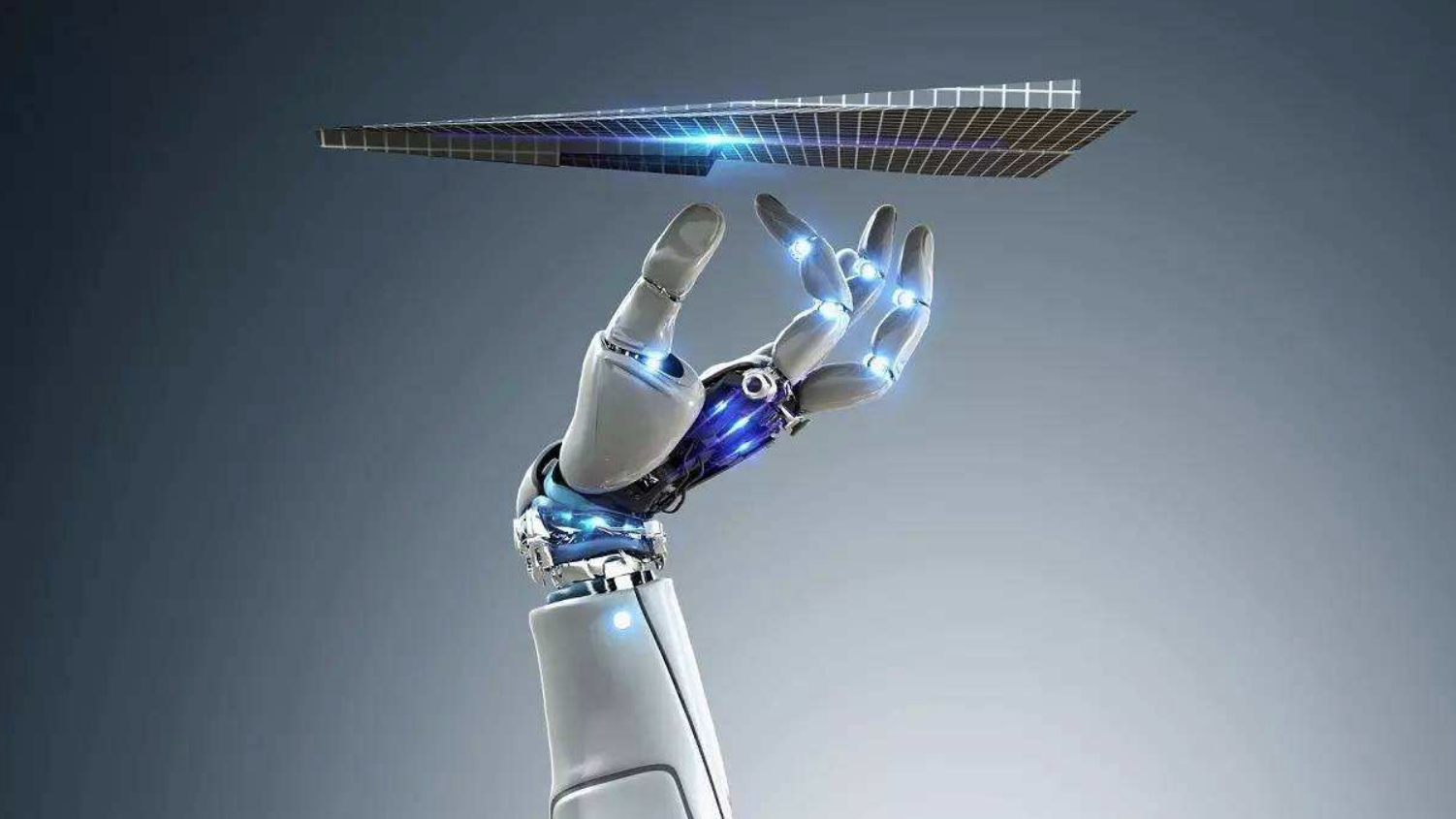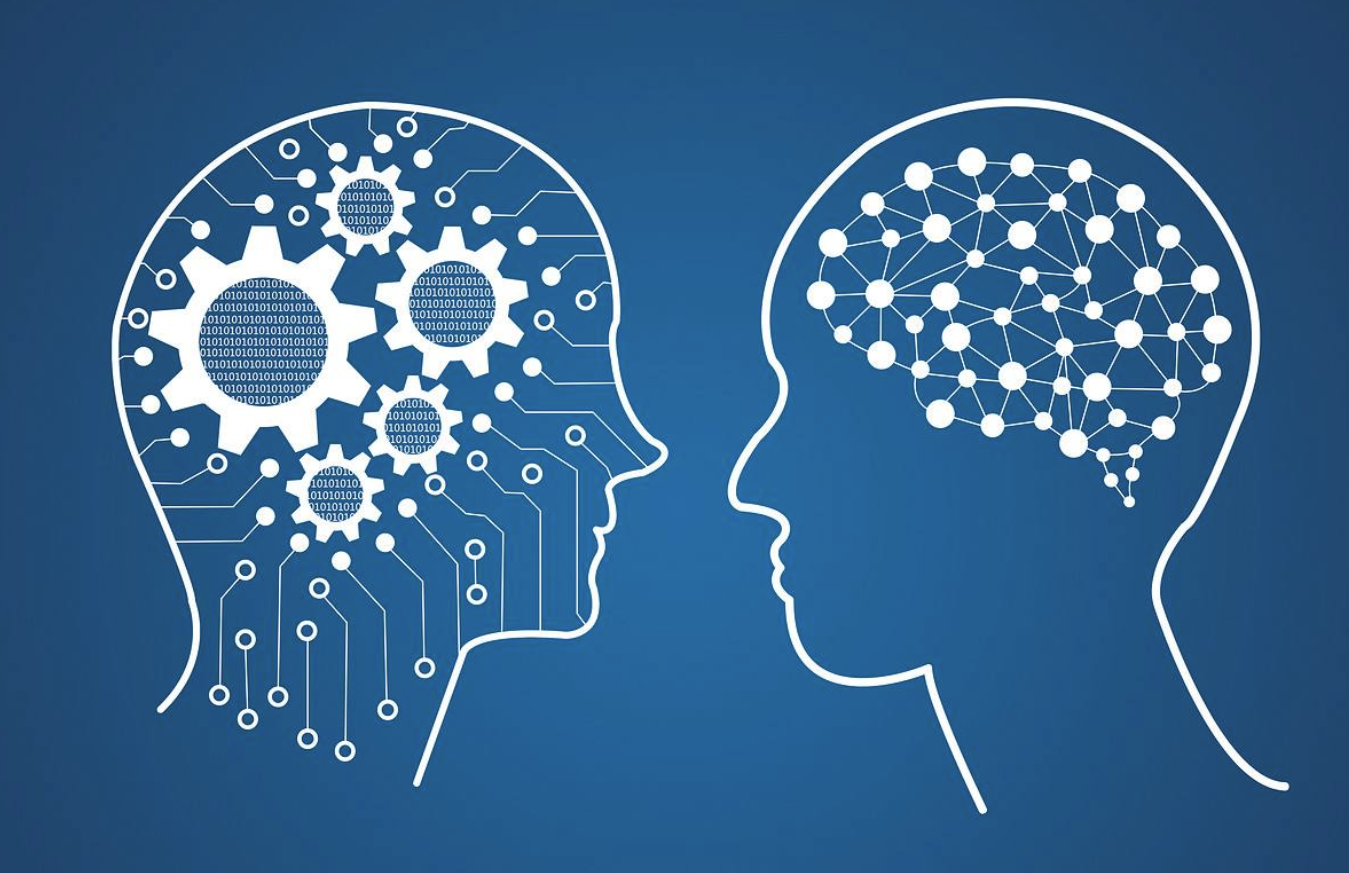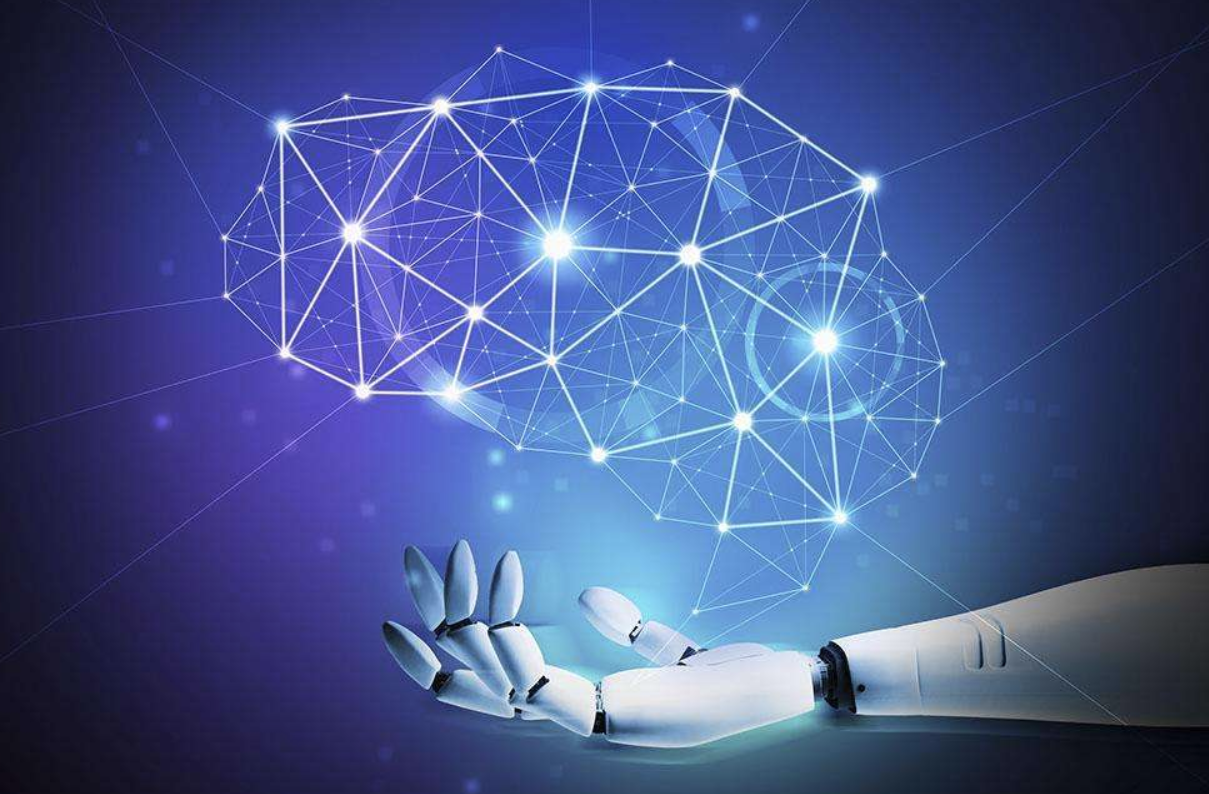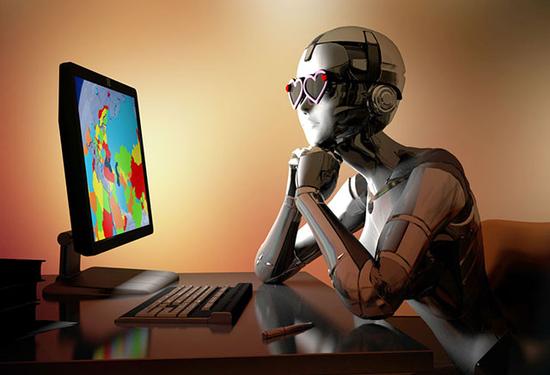Why not let AI make the right choice? Humans must gradually surrender control

This article is produced by NetEase Smart Studio (public number smartman 163). Focus on AI and read the next big era!
[NetEase Smart News Nov. 21 news] Artificial intelligence is now capable of making decisions for us, which has sparked excitement across the globe. But a lingering concern remains: who will be the master, and who will be the servant? Should we view AI from multiple angles? And more importantly, should we truly hand over control and let AI make its own choices?
In some cases, or to some extent, we may have to give up our absolute control. After all, AI without decision-making ability isn't truly intelligent.
Machine learning needs to act independently at times
If we had to wait for manual input every time a decision was made, we wouldn’t be able to fully leverage machine learning. For example, if a self-driving car had to ask a person before turning or braking, it would be inefficient and impractical. Such a car would essentially be no different from what we already have today.
With so many decisions we make in daily life, it makes sense to delegate some to machines. According to Microsoft To-Do, people make around 35,000 decisions each day—but this figure lacks solid research support. However, Cornell University found that we make over 200 decisions just about what to eat, suggesting that the number might not be far off.
What’s fascinating is that most of these decisions are based on instinct. We don’t even think about them because they’re hardwired into our brains. These are the split-second choices we make when avoiding danger while driving or slowing down due to an accident ahead. Even in noisy environments, we constantly make decisions without realizing it.

I believe that if we want to automate tasks, we need to grant machines the ability to make similar decisions. I don’t think there’s a problem with giving AI non-subjective decisions. For instance, deciding whether to avoid danger while driving is different from choosing the direction. We can set clear boundaries on the decisions we must retain.
Fortunately, I’m not alone in thinking that such boundaries are necessary. The challenge lies in determining where exactly to draw those lines.
Where do we draw the line?
Prominent figures like Stephen Hawking, Elon Musk, and Bill Gates have warned that AI could one day take over the world and erase humanity. Musk funds the Future of Life Institute, which aims to keep AI under control and opposes any legislation that allows us to surrender control. Legislative action could serve as a way to define these limits.
A key question is whether task-specific machines could become self-aware and influence other systems through the internet and the Internet of Things. While this seems like a stretch, it raises concerns about potential vulnerabilities. If such risks exist, urgent legislative action is needed. Once the loophole is created, it might be too late to stop it. So, the question of whether this danger is real remains unanswered.
Another angle to consider is why we need AI in the first place. Why are we so eager to hand over control to machines? What is the purpose of human existence in this world? If we entrust major decisions to robots, what else will we do?
Are we willing to give control to AI?
AI has recently entered the legal system. One ongoing case involves creating a perfect robot judge to replace human judges in final rulings. Another idea is to have AI assist human judges by applying legal rules and offering sentencing suggestions. This approach seems more practical, as AI can process data quickly while humans bring empathy and intuition to the table.

Similarly, product designers use AI to run complex calculations and explore thousands of design options. At the end of the process, common sense ensures that computers act in our best interest.
Surgeons may soon be replaced by robots that perform operations more precisely and efficiently. But can they truly become qualified surgeons?
This brings up another issue. If AI doctors are safer and more successful than humans, it might be reasonable to grant them more autonomy. Therefore, AI could eventually achieve full decision-making autonomy.
But we must consider human nature. If AI is always right, we may eventually lose control. Designers also find that in certain situations, AI performs better, leading to increased trust and policy relaxation. If an AI judge consistently makes perfect rulings, human judges may eventually rely entirely on it.
So, perhaps we won’t see a Terminator-style uprising. It's more likely that we'll willingly hand over our decision-making power to a highly capable AI. A strong AI could render human decision-making obsolete in the next generation. Children raised in an AI-driven world may never make impulsive choices.
As AI becomes more efficient, it will outperform the human brain in many areas. We may even hand over major global decisions to AI without it ever seeking control.
AI should empower humans, not replace them
Instead of handing over control to AI, shouldn’t we enhance our own decision-making abilities?
When I think about how AI should function, I often imagine a scenario, especially as Germany builds a complete AI platform.
We are constantly distracted. Our ability to focus on important decisions is hindered by information overload, smartphone interruptions, and daily stress. We should delegate routine tasks to AI, but ensure that the choice is made consciously.

Unfortunately, most companies are moving in the opposite direction. While we could reverse AI development, stripping away its autonomy and limiting it to a supporting role, commercial interests drive us toward full AI integration. Why don’t Fortune 500 companies want to make customer decisions themselves, instead letting AI handle purchases?
Today, there's no law stopping companies from developing such AI. They create products that exploit human behavior, forming habits that are hard to break. Think of Amazon Alexa—someday, users may hand over control of their purchasing decisions to AI. This isn’t far-fetched. With that power, AI could know exactly what we buy and when.
(From: Thenextweb Compilation: Netease See Compiled Robot Reviewer: Fu Zeng)
Follow the NetEase Smart public account (smartman163) for the latest updates on the AI industry.
Paste Type Rotor Production Line
Paste Type Rotor Production Line,Dc Refrigeration Compressor Rotor Production,Rotor Production Line,Automatic Adhesive Rotor Production Line
Suzhou Mountain Industrial Control Equipment Co., Ltd , https://www.szmountain.com